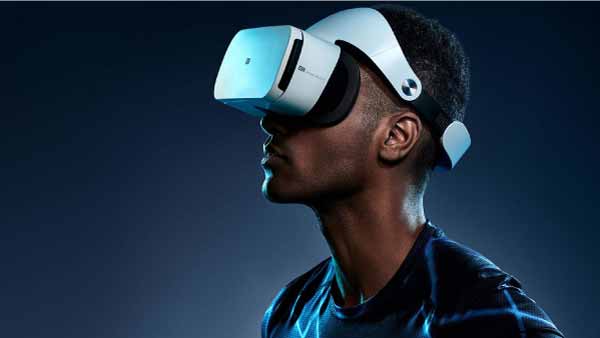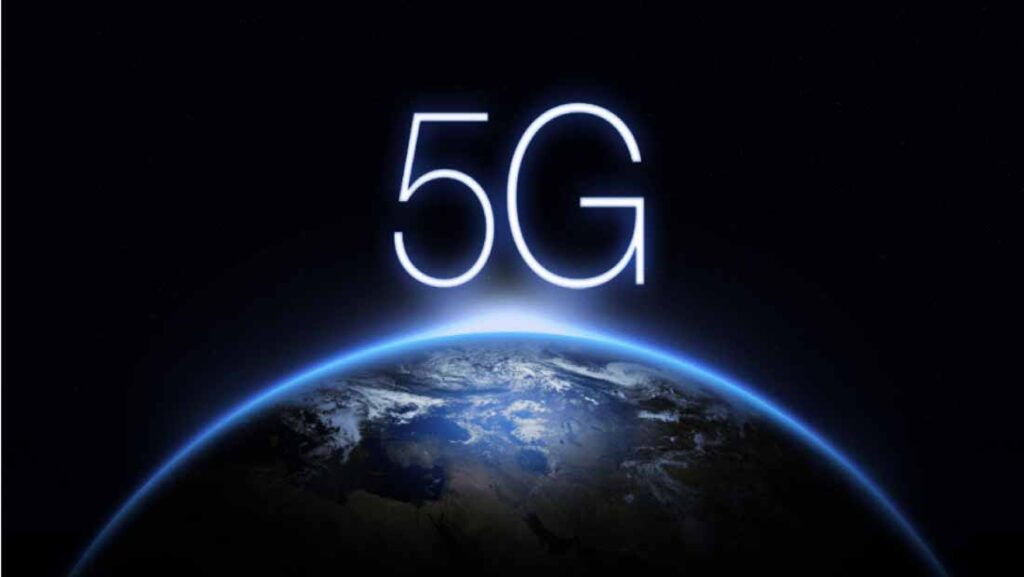Virtual Reality (VR) refers to a technology that allows users to immerse themselves in a computer-generated virtual environment and interact with it in real time. The Virtual Reality experience is achieved through the use of specialized devices, such as headsets, gloves and motion sensors, which allow the user to perceive the virtual world as if it were real.
Applications for Virtual Reality
Virtual Reality has applications in a variety of fields, such as the entertainment industry, education, medicine, and the military industry, among others. The entertainment industry, VR is used to create immersive and immersive experiences for users, such as games and interactive movies.
In education, VR is used to create simulations of real-world situations that allow students to experiment and learn more effectively. In medicine, VR is used to train doctors in complex surgical procedures and to aid in the treatment of mental illness.
Although VR technology has advanced significantly in recent decades, there are still challenges that need to be addressed for VR to become a widely adopted technology. These challenges include resolving latency issues, improving graphics quality, and reducing the cost of VR devices.
Despite these challenges, Virtual Reality has the potential to revolutionize the way we interact with technology and the world around us. Over time, VR is likely to become an increasingly important tool in a wide range of fields and applications.
Potential of Virtual Reality
In addition, Virtual Reality also raises ethical and social questions that must be considered. For example, the possibility for VR users to become disconnected from reality and socially isolated, as well as the impact of VR on data privacy and security.
On the other hand, VR also offers opportunities for collaboration and social connection in virtual environments. Users can participate in virtual events and activities with people from all over the world, enabling greater interaction and collaboration globally.
VR is an exciting technology that has the potential to transform the way we interact with the virtual world and the real world. As VR technology continues to advance, it is important to address the technical, ethical and societal challenges that arise and seize the opportunities VR offers to improve our lives and our world.
Virtual Reality Entertainment
As for the entertainment industry, Virtual Reality is revolutionizing the way we experience video games and movies. Users can immerse themselves in entirely new virtual worlds and enjoy an immersive experience that goes beyond the screen.
In education, Virtual Reality offers the possibility of creating simulations of real-world situations that allow students to experience and learn more effectively. This can improve knowledge retention and understanding of more complex concepts.
In medicine, VR has applications in the training of health professionals and in the treatment of mental illness. Doctors can train on complex surgical procedures in a virtual environment, allowing them to hone their skills before performing procedures on real patients. In the case of mental illness, VR is being used to treat disorders such as post-traumatic stress disorder, anxiety, and depression.
In short, VR is a technology with great potential in various fields and applications. As this technology continues to evolve, it is important to address the challenges and seize the opportunities it offers to improve our quality of life and transform the way we interact with the world.
Another important aspect of VR is its potential for research and development. Scientists can use VR to create virtual models of molecules and cells, allowing them to study in more detail the structure and function of living organisms. VR can also be used for prototyping and simulations in industry, which can help reduce costs and speed up the design and production process.
Ethical and social issues
However, as with any emerging technology, VR also raises ethical and social questions. For example, how will VR affect how we interact with the real world? Can virtual experiences affect our mental health and well-being? How will privacy and intellectual property rights be protected in virtual environments?
VR is an exciting technology with the potential to transform the way we interact with the world and address challenges in various fields and applications. As technology continues to evolve, it is important to address the ethical and societal issues that arise and ensure that it is used responsibly and effectively to improve our lives and our world.
Accessibility
Another major challenge facing Virtual Reality is accessibility. Although technology is advancing rapidly, the cost of equipment and lack of high-speed internet access may limit VR adoption in some communities. In addition, the VR experience can be overwhelming for some people, and may require a significant learning curve to get used to the interface and controls.
It is important to address these challenges and work to make VR more accessible and easier to use for a wider audience. This can include reducing costs, improving accessibility for people with disabilities, and creating more inclusive and diverse content.
Potential
Virtual Reality is an exciting technology with the potential to transform the way we interact with the world and address challenges in various fields and applications. As technology continues to evolve, it is important to address the technical, ethical, social and accessibility challenges that arise and ensure that it is used responsibly and effectively to improve our lives and our world.
Another application of VR being explored is its use in building smarter cities and urban spaces. VR can be used to create simulations of urban models and test their effectiveness before implementing them in reality. This can help prevent costly mistakes and improve the efficiency and sustainability of cities.
In addition, VR can also be used for the conservation of cultural and natural heritage. Historical and natural sites can be digitized and preserved in VR, allowing people to visit them virtually and learn about their cultural and ecological significance.
As for the tourism industry, VR offers the possibility of visiting tourist destinations around the world without leaving home. Users can experience the culture and landscapes of remote and exotic places, which can inspire interest and curiosity for other places in the world.
In conclusion
Virtual Reality is an exciting technology with multiple applications in various fields and sectors. As technology continues to advance, it is important to address the challenges and seize the opportunities it offers to improve our lives and our world. From the entertainment and education industry, to medicine and conservation, VR has the potential to revolutionize the way we interact with the world and approach the most important challenges of our time.


